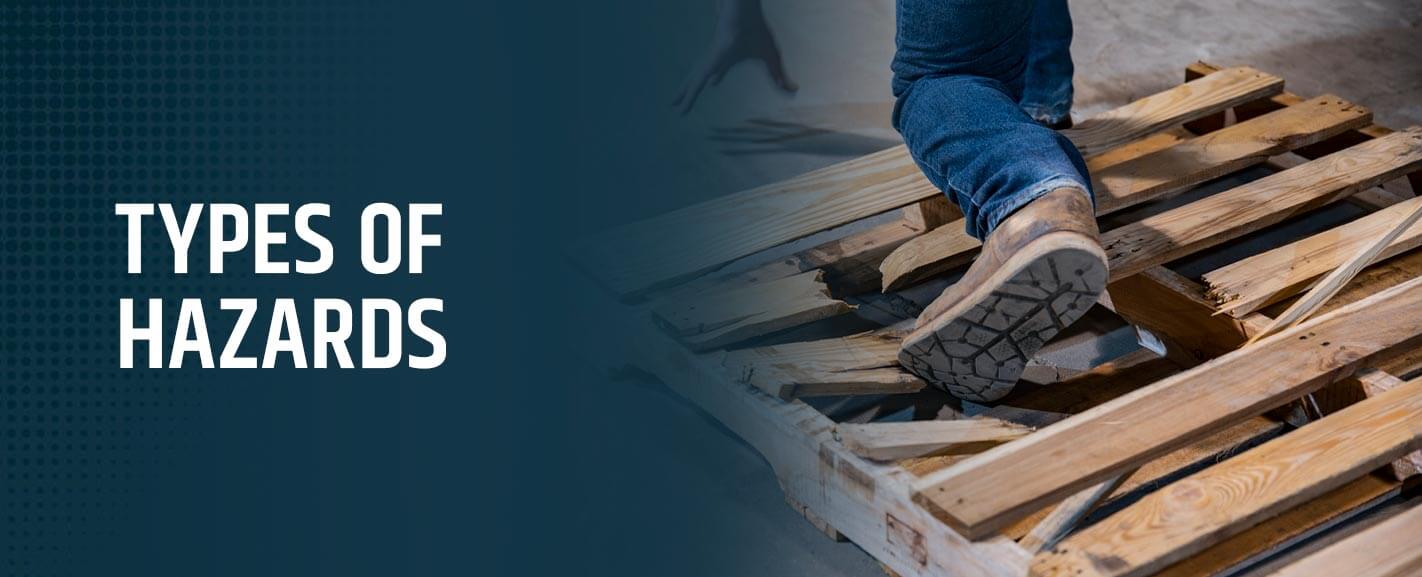As an Amazon Associate, I earn from qualifying purchases at no extra cost to you.
Will Diesel Ruin a Gas Engine? : Potential Dangers Revealed
Diesel fuel will not ruin a gas engine as long as it is not mistakenly used. Diesel fuel is specifically formulated for diesel engines and using it in a gas engine can cause damage to the engine components.
Gas engines are designed to ignite gasoline, which has a different ignition temperature and combustion characteristics compared to diesel fuel. When diesel fuel is mistakenly used in a gas engine, it may not ignite properly, leading to incomplete combustion and potential damage to the engine.
Additionally, diesel fuel has different lubricating properties and using it in a gas engine may result in inadequate lubrication, leading to increased friction and wear. Therefore, it is crucial to use the correct type of fuel for each respective engine to avoid any potential damage.
Differences Between Diesel And Gasoline
The differences between diesel and gasoline go beyond just the way they power vehicles. Understanding the variations in chemical composition and ignition processes is crucial to knowing whether diesel can ruin a gas engine. Let’s take a closer look at these fundamental dissimilarities.
Chemical Composition
Diesel and gasoline differ in their chemical makeup, affecting how they burn and operate in engines. Gasoline consists of various hydrocarbons, like octane, with lighter and more volatile compounds. On the other hand, diesel fuel has heavier hydrocarbons, such as cetane, which are less volatile and ignite differently.
Gasoline typically has an octane rating ranging between 87 and 93, while diesel fuel has a cetane rating between 40 and 55. This disparity in ratings directly impacts the combustion process, performance, and overall operation of engines.
Ignition Process
The ignition process is another area where diesel and gasoline diverge. Gasoline engines use spark plugs to initiate combustion by creating a spark, igniting the fuel-air mixture. This ignition occurs within a narrow range of temperatures and pressures, optimizing the operation of gasoline engines.
In contrast, diesel engines rely on compression ignition. The fuel-air mixture in a diesel engine ignites due to the immense heat and pressure generated by the compression of air within the cylinders. This compression causes the diesel fuel to self-ignite, allowing for its efficient use in larger engines with high torque and hauling capacity.
Unlike gasoline engines, diesel engines do not rely on spark plugs for ignition, eliminating the need for an electrical ignition system. This unique ignition process provides diesel engines with improved fuel efficiency and increased durability, making them ideal for heavy-duty applications such as towing and hauling.
Understanding the chemical composition and ignition processes of diesel and gasoline is essential in determining whether using diesel fuel in a gas engine will result in damage. These crucial disparities emphasize the importance of using the appropriate fuel for each respective engine type to maintain optimal performance and prevent potential issues.

Credit: www.linkedin.com
Can You Put Diesel In A Gas Engine?
Putting diesel in a gas engine can cause serious damage and potentially ruin the engine. It is important to avoid this mistake to prevent costly repairs and ensure optimal performance.
Potential Risks
Putting diesel in a gas engine can result in several potential risks that can cause significant damage to your vehicle. It’s important to understand these risks before attempting to use the wrong fuel.Effects On Engine Components
Using diesel in a gas engine can have adverse effects on various engine components due to fundamental differences in the composition of diesel and gasoline. The following engine components are particularly vulnerable to damage when diesel is introduced into a gas engine:1. Fuel Injectors: Diesel has a higher viscosity compared to gasoline, which means it is thicker and less likely to atomize properly in the fuel injectors designed specifically for gasoline. This can lead to clogging and impair the proper delivery of fuel to the engine.2. Spark Plugs: Gasoline engines rely on spark plugs to ignite the fuel-air mixture. However, diesel engines ignite the fuel using compression alone. When diesel is introduced into a gas engine, the spark plugs may become fouled with carbon deposits, resulting in misfires or even engine failure.3. Fuel Pump: Diesel engines typically operate at much higher pressures than gas engines. Using diesel fuel in a gas engine can cause increased wear and tear on the fuel pump, which may lead to reduced performance or complete failure over time.4. Catalytic Converter: Gas engines are equipped with a catalytic converter that helps reduce harmful emissions. When diesel is used in a gas engine, the catalytic converter can overheat and potentially become damaged due to the different combustion properties of diesel fuel.5. Fuel System: The fuel system in a gas engine is specially designed to handle the characteristics of gasoline, such as its volatility and octane rating. Diesel fuel, on the other hand, has a lower volatility and different chemical properties. Using diesel fuel in a gas engine can result in damage to the fuel lines, fuel filter, and other components of the fuel system.It’s crucial to avoid putting diesel in a gas engine to prevent these potentially costly and damaging effects on engine components. Always use the correct fuel type recommended by your vehicle manufacturer to ensure optimal performance and longevity of your engine.Case Studies
Case Studies: Real-life incidents of using diesel in a gas engine have highlighted potential consequences.
Real-life Incidents
Case 1: Driver accidentally fills gas engine with diesel, causing engine damage.
Case 2: Owner mistakenly uses diesel fuel in a gasoline-powered lawnmower, leading to engine failure.
Consequences
- Contamination can damage engine parts.
- Misfiring and decreased performance are common results.
- Repair costs can amount to thousands of dollars.
Preventive Measures
Preventive measures are essential to protect gas engines from damage caused by using diesel fuel. Taking precautions and adhering to proper fueling and maintenance guidelines is crucial to ensure the optimal performance and longevity of a gas engine.
Tips For Proper Fueling
Proper fueling is paramount to preventing damage to a gas engine. Always ensure that the correct type of fuel is used for your specific engine, avoiding mixing gasoline with diesel. It’s advisable to use high-quality gasoline that meets the engine manufacturer’s specifications. Additionally, confirm the absence of any contaminants or water in the fuel before refueling the gas engine.
Maintenance Recommendations
Maintenance plays a vital role in safeguarding a gas engine from potential harm caused by diesel. Regularly inspect and replace fuel filters to prevent any diesel contamination. Conduct routine oil and filter changes according to the recommended intervals to keep the engine in optimal condition. Regularly check for signs of diesel contamination in the fuel system, and promptly address any issues found. Lastly, ensure the fuel storage tanks are clearly labeled to avoid any mix-ups and accidental use of diesel in gas engines.
What To Do If You Accidentally Use Diesel In A Gas Engine
Accidentally using diesel in a gas engine can be a common mistake. Whether it’s due to confusion at the pump or a mix-up when refueling, it’s important to know what steps to take to minimize damage and prevent long-term issues. Here’s what you should do if you find yourself in this situation:
Immediate Steps
If you realize that you have put diesel in a gas engine, do not start the engine. Immediately stop the refueling process and move the vehicle to a safe location if you are at a gas station. Contact a mechanic or a towing service to prevent further damage to the engine and fuel system.
Long-term Solutions
After the immediate steps have been taken, it’s important to have a professional inspect the engine and fuel system. Drain the contaminated fuel and flush the system to remove any remaining diesel. Consider replacing the fuel filter to ensure that no diesel residue remains, which could cause potential issues in the future.
If the engine has been started with diesel, it’s crucial to assess any potential damage. Seek the expertise of a qualified mechanic to evaluate the impact and address any necessary repairs or replacements.

Credit: naspweb.com
Expert Opinions
Curious about whether using diesel will damage your gas engine? Let’s delve into what the experts have to say regarding this burning question.
Mechanics’ Advice
Insights From Industry Professionals

Credit: www.nytimes.com
Conclusion
Mixing diesel in a gas engine can cause serious damage. It may lead to engine knock, decreased performance, and potential long-term issues. It’s crucial to always use the correct fuel type for your vehicle to maintain optimal functionality. Remember, prevention is key to engine longevity.





